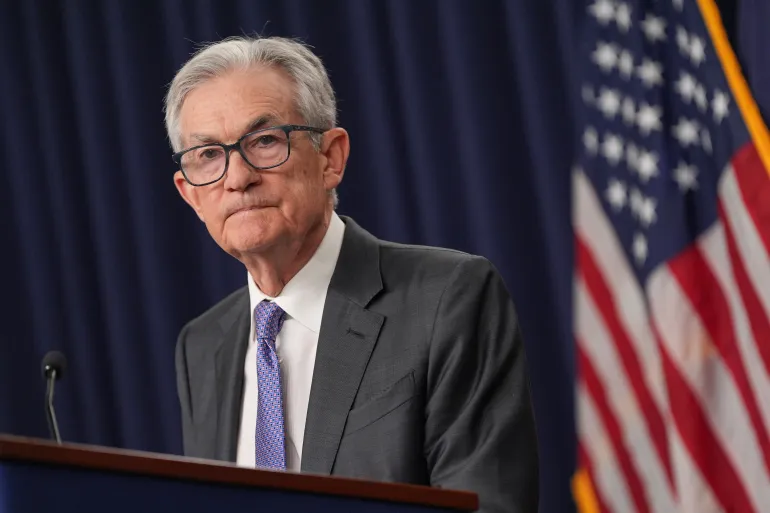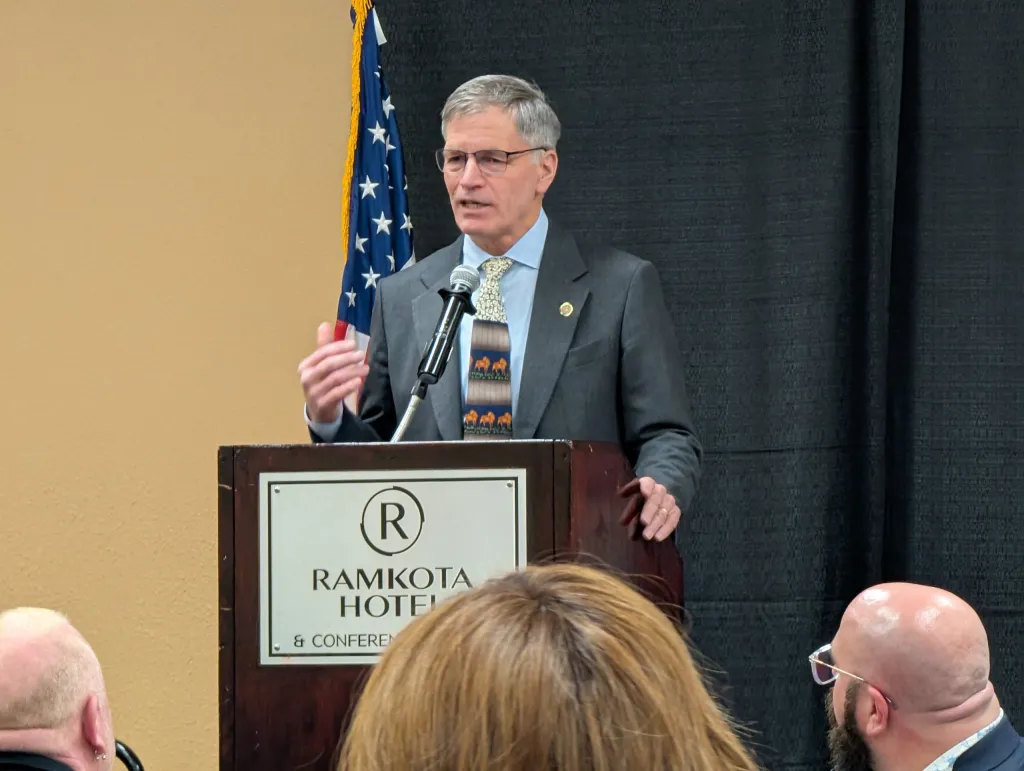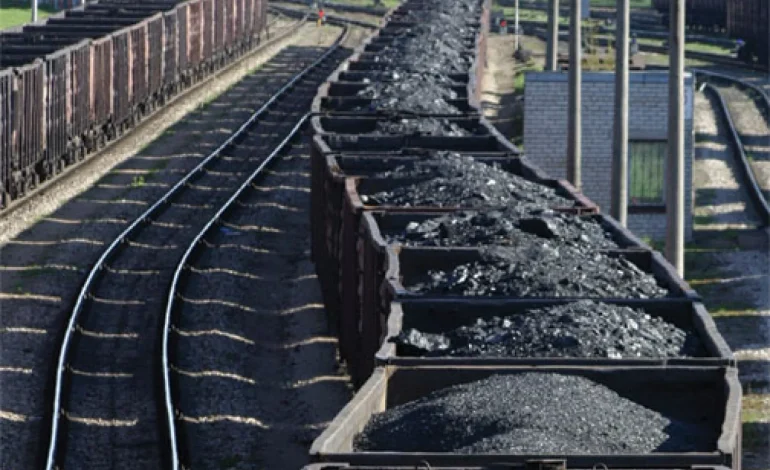A 2020 Wyoming law designed to preserve the state’s coal industry is now under renewed scrutiny, as some lawmakers question whether it has instead accelerated coal’s decline, Wyoming Public Media reports.
During a recent meeting of the Legislature’s Joint Minerals, Business and Economic Development Committee, Rep. Scott Heiner (R-Green River) voiced a growing sentiment:
“We were trying to extend the life of coal and we may be shortening it.”
At the center of the debate is House Bill 200, which requires utility companies to study the feasibility of installing carbon capture technology on Wyoming’s coal-fired power plants before retiring them. The bill was passed with the intent of keeping coal viable by helping plants meet environmental standards through retrofits rather than closures.
But five years later, several lawmakers believe the law may be doing more harm than good.
“Reminds me of the expression, ‘Look what we’ve done to ourselves,'”said Rep. Chris Knapp (R-Gillette), reflecting on the unintended consequences.
Major utilities, including PacifiCorp (Rocky Mountain Power) and Black Hills Energy (Cheyenne Light, Fuel and Power), have reported that retrofitting a single coal unit with carbon capture could cost up to $1 billion. While studies are underway at select units, including Wyodak, Dave Johnston, and Jim Bridger, there is little certainty about moving beyond preliminary research.
“I don’t think that’s reality,” Knapp said, referring to the long-term viability of the carbon capture option.
His concern centers on the financial impact on Wyoming ratepayers, who contributed about $3 million in 2024 alone to fund feasibility studies required by HB 200.
Lawmakers like Knapp argue that by inflating the cost of coal power through these mandates, the law is inadvertently making alternative energy sources—such as nuclear, wind, and solar—more competitive.
Yet others on the committee emphasized the complexity of the issue. Rep. J.T. Larson (R-Rock Springs) noted that external pressures, including state-level clean energy goals and market dynamics beyond Wyoming’s control, continue to affect coal’s outlook regardless of federal policy. While President Trump has relaxed some environmental regulations, industry experts suggest that coal demand has been steadily declining since 2011 and is unlikely to rebound significantly.
“You still have other states implementing their policies that are negatively impacting Wyoming,” Larson said. “So we can’t just look at this from a market standpoint as a state and say, ‘Coal is great, let’s march on forward.'”
While some lawmakers advocate repealing HB 200, others caution against removing it without offering a viable alternative.
“I see everyone throwing stones at House Bill 200, but it really was an effort to try to save coal,” Larson said. “We have to push back with policy, so what policy do we implement?”
The Wyoming Public Service Commission (WPSC), which oversees implementation of the law, acknowledged the difficulty of the situation.
“There are no easy answers right now,” said WPSC Chairman Mike Robinson.
For now, the committee has not moved to draft legislation to reverse HB 200, but discussions will continue. The panel is scheduled to meet again July 29–30 in Casper.










The latest news in your social feeds
Subscribe to our social media platforms to stay tuned